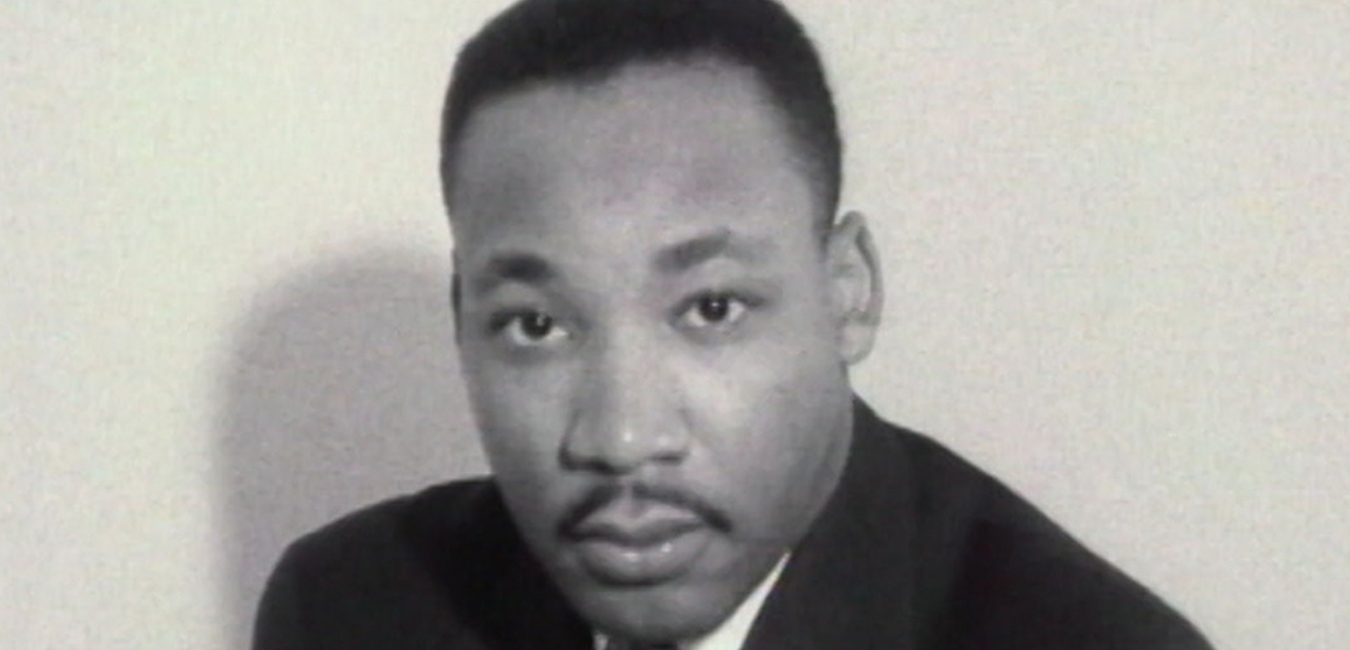“The New Boy: a Sacred Clash of Spirits and Survival
Warwick Thornton’s The New Boy is a haunting, evocative tale of spiritual collision and colonial imposition set in the unforgiving Australian outback during the early 1940s. Told entirely from the perspective of a young Aboriginal boy (brilliantly portrayed by newcomer Aswan Reid), the film is a quiet yet powerful exploration of Indigenous spirituality clashing with rigid Christian dogma—one that lingers with audiences long after the final frame.





